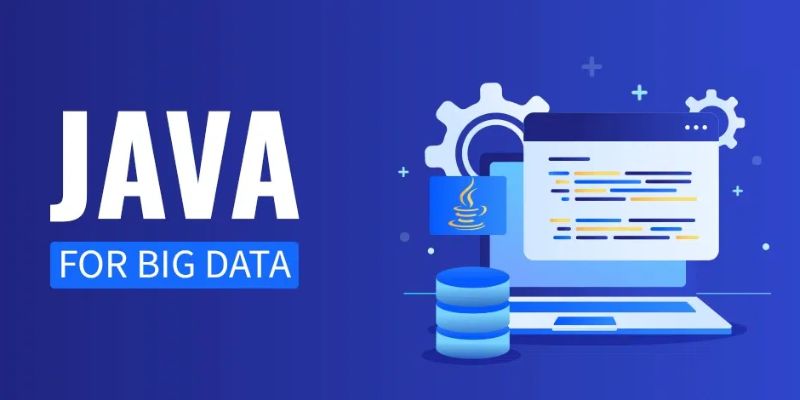How can Java be Optimized for Efficient Big Data Analysis in Enterprises?
In today’s data-driven world, enterprises are constantly facing the challenge of analyzing vast amounts of data efficiently. Java, with its robust ecosystem and scalability, is a popular choice for developing applications, including those for Big Data analysis. However, to ensure optimal performance in handling large datasets, Java applications need to be optimized effectively. In this blog post, we will explore various strategies and techniques for Optimized for Efficient Big Data Analysis in Enterprises. To learn more about Java, You can go for Java Training in Chennai and build a robust skill-set working with the most potent Java tools and technologies to boost your big data skills.
Java for Big Data and Enterprise Applications
Utilize Parallel Processing with Multithreading
- Explanation of multithreading in Java.
- How multithreading can improve Big Data processing performance.
- Techniques for implementing multithreading in Java applications for Big Data analysis.
Leverage Java Collections and Stream API
- Overview of Java Collections framework.
- Benefits of using Collections and Stream API for data processing.
- Examples of stream processing for efficient data manipulation and analysis.
Optimize Memory Management
- Importance of efficient memory utilization in Big Data analysis.
- Techniques for reducing memory overhead in Java applications.
- Garbage collection optimization strategies for minimizing pauses and improving throughput.
Use External Libraries and Frameworks
- Introduction to popular Java libraries and frameworks for Big Data processing (e.g., Apache Hadoop, Apache Spark).
- How integrating with these libraries can enhance performance and scalability.
- Best practices for integrating external libraries with Java applications. FITA Academy’s Java Online Course will help you learn effectively and clearly understand the concepts and curriculum.
Implement Data Compression Techniques
- Explanation of data compression and its benefits in Big Data analysis.
- Techniques for implementing data compression in Java applications.
- Considerations for choosing the appropriate compression algorithms based on data characteristics.
Optimize I/O Operations
- Importance of efficient I/O operations in Big Data processing.
- Strategies for optimizing file read/write operations in Java.
- Using buffering and asynchronous I/O for improved performance.
In conclusion, optimizing Java for Big Data analysis involves leveraging parallel processing, Java Collections, and external libraries. Memory management, data compression, and I/O optimization are vital. These strategies enable enterprises to maximize Java’s potential, handling large datasets efficiently and extracting valuable insights. Programming Courses In Chennai will help you grasp java concepts and learn practical applications with case studies and hands-on exercises.
Read more: Java Interview Questions and Answers

